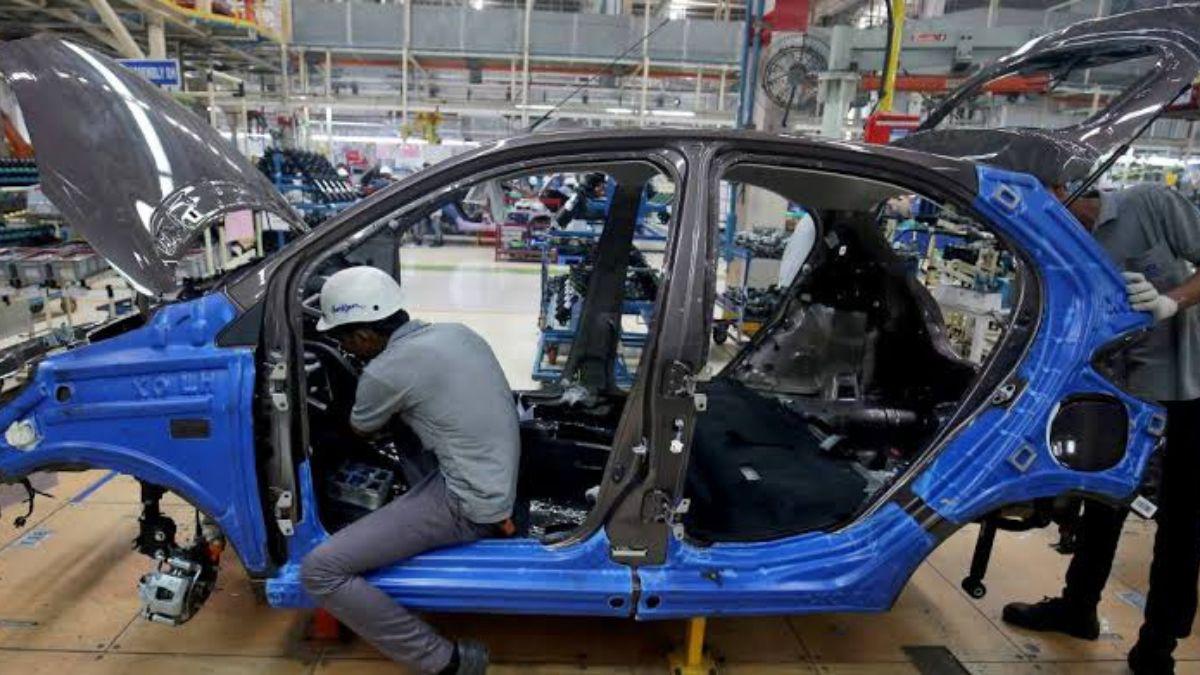Indonesia’s auto financing sector experienced a significant downturn in July, with a 15% drop in financing volumes reported, highlighting the ongoing challenges facing the country’s automotive industry. This sharp decline correlates directly with a slump in new car sales, which has been a growing concern for the Indonesian economy.
The decrease in auto financing reflects broader economic trends impacting consumer confidence and spending. As new car sales falter, financing activities—which are often a key indicator of consumer sentiment and economic health—also show signs of distress. This trend suggests a tightening of household budgets and potentially decreased consumer willingness or ability to make large purchases, such as new vehicles.
Several factors are contributing to this decline. Economic uncertainties, including fluctuating inflation rates and rising interest rates, have dampened consumer confidence. Additionally, supply chain disruptions and increased vehicle prices have made new cars less affordable, further deterring potential buyers. The resulting lower sales have directly impacted the volume of auto financing, as fewer consumers seek loans to purchase vehicles.
For the Indonesian economy, this downturn in auto financing poses several risks. The automotive sector is a significant contributor to the national GDP, and a prolonged slump in car sales and financing could have ripple effects across related industries, including manufacturing, retail, and services. Additionally, decreased consumer spending on big-ticket items like cars could indicate broader economic challenges, potentially affecting overall economic growth and stability.
Industry analysts and economic observers will be closely monitoring these trends to assess their potential long-term impact on Indonesia’s economic landscape. The government and industry stakeholders may need to implement strategies to stimulate demand and support the automotive sector to mitigate further economic downturns.

